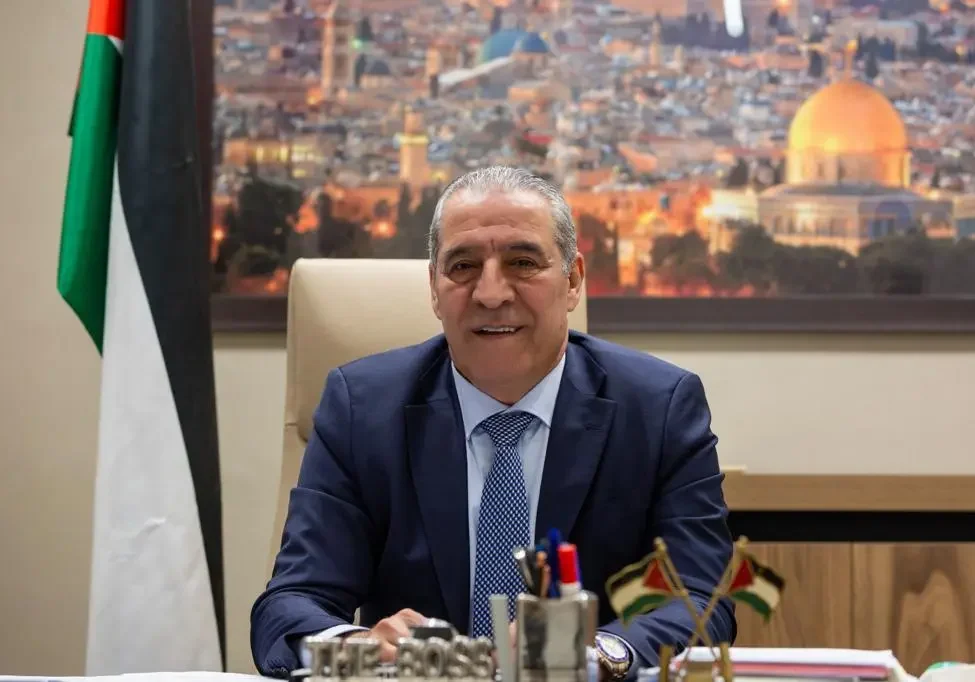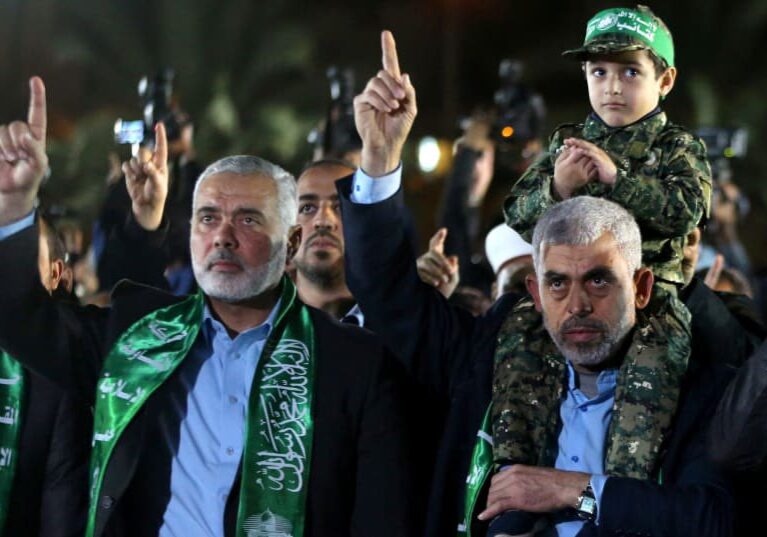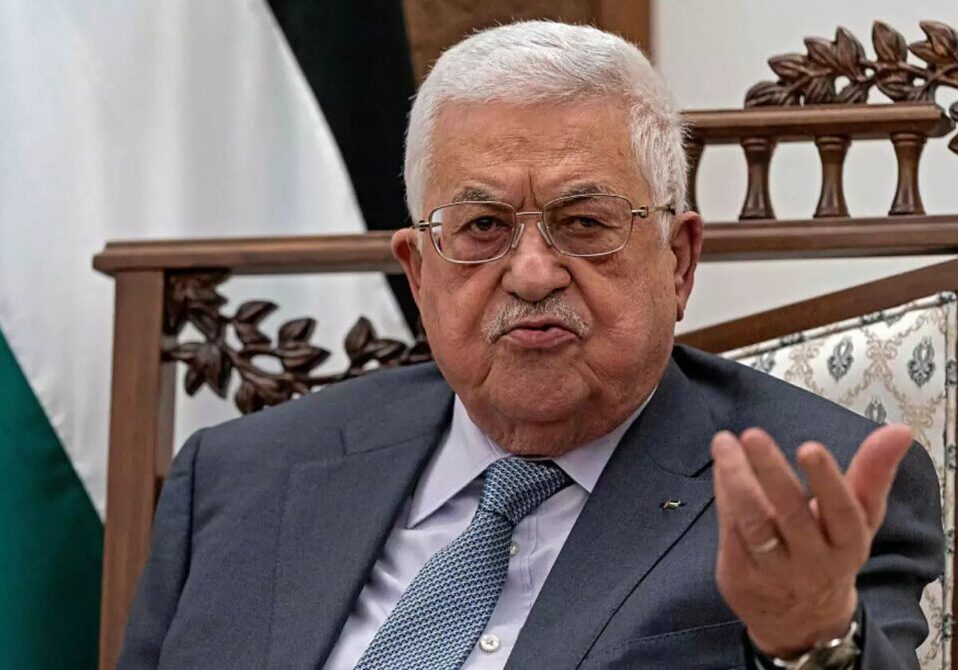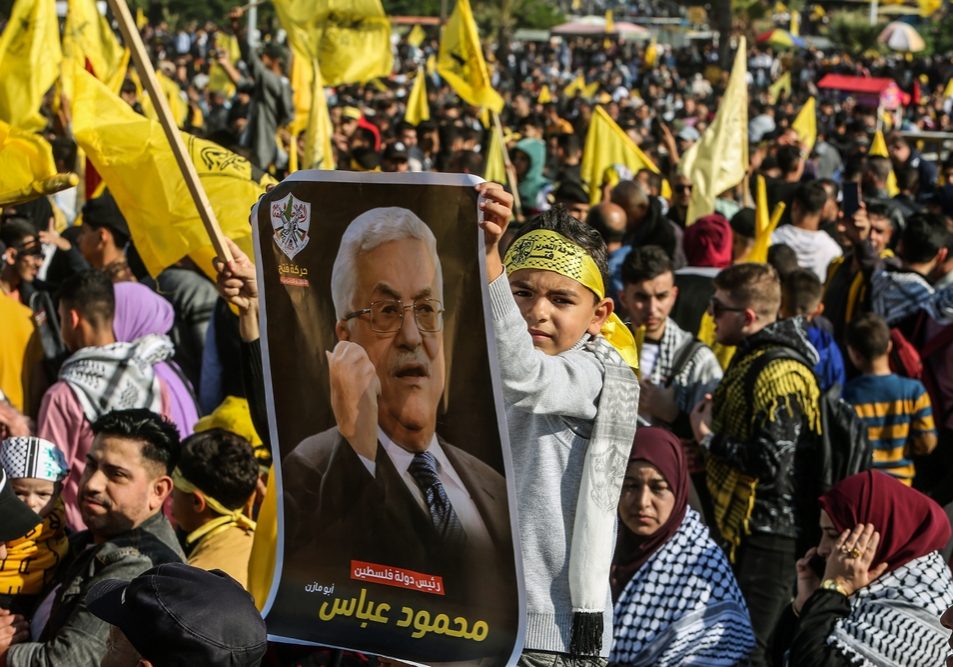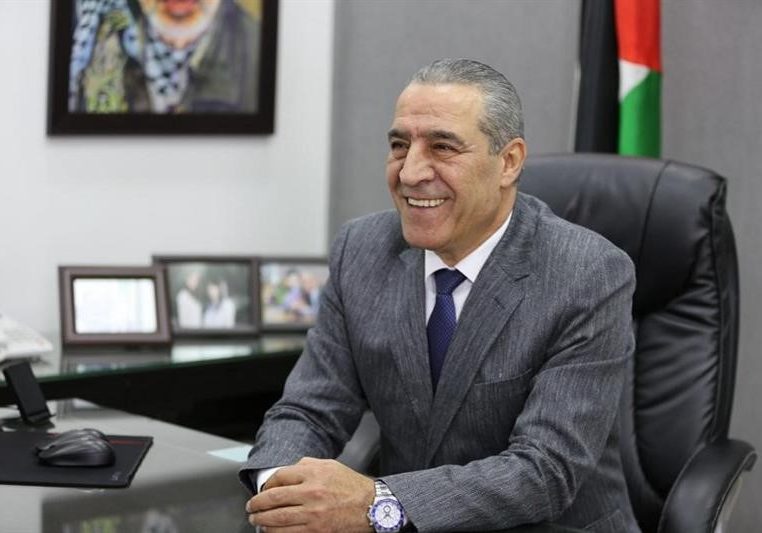Australia/Israel Review
The PA Succession Struggle
Mar 3, 2017 | Yoni Ben Menachem
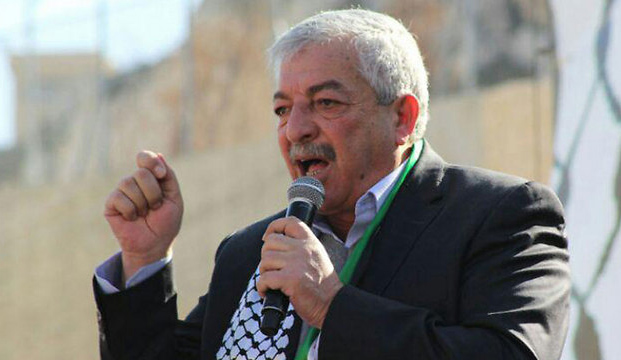
Yoni Ben Menachem
Palestinian Authority Chairman Mahmoud Abbas made new appointments to the Fatah leadership on February 15, 2017, and also named a deputy Chairman of the movement. He did not, however, solve the problem of the Palestinian succession struggle for the chairmanship.
With his move, Abbas managed to somewhat calm the disorder at the top level of Fatah, the ruling party. Behind the scenes, however, the succession struggle continues and could even escalate.
Abbas claims that he is in good health and for the time being can continue in his post. Yet senior Fatah officials say that the PA Chairman, who has passed the age of 80, will soon have to find a successor, because the relative calm among the movement’s leadership is only temporary and could snap at any moment.
The distancing of Marwan Barghouti (who sits in Israeli prison for the murder of several Israelis) from any meaningful position in the Fatah leadership has only intensified the confusion among the movement’s young generation, which supports Barghouti. It is something that Abbas’ opponents – most of all exiled rival Muhammad Dahlan, who is on excellent terms with Barghouti – will exploit.
Abbas has, indeed, promoted two major Fatah figures to key positions in the leadership.
Mahmoud al-Aloul is from the founding generation of the PLO and was one of Khalil al-Wazir’s comrades. (Al-Wazir, known as Abu Jihad, was Arafat’s top aide and Fatah’s terrorist commander until his assassination in 1988.)
Al-Aloul was appointed deputy Chairman of the movement, and Jibril Rajoub was appointed Secretary-General.
Although both of these are senior positions, they are not enough to qualify as Abbas’ successor.
Violent Succession Struggle Ahead?
Both men, al-Aloul and Rajoub, are unacceptable to the Fatah Central Committee as possible successors of Abbas as PA chairman. As soon as Abbas is in a state of incapacity, a harsh and likely violent succession struggle will ensue.
Article 39 of Fatah’s internal regulations states that the deputy chairman post is only for one year and can only be extended with the Central Committee’s approval.
The deputy Chairman’s most visible task is to publish internal directives to the Central Committee on issues that have been discussed. Al-Aloul will replace Abbas as chairman if he is absent or on a trip and will fulfil any role that the Central Committee entrusts to him.
He will also supervise the issue of recruitment to the movement, the running of its financial and economic affairs, and its relations with NGOs and Arab states. This is not, however, a post with any great diplomatic importance.
Al-Aloul’s position is more important, however, than that of Rajoub, who was appointed Secretary-General.
That position, according to Article 40 of the Fatah internal regulations, is mainly technical. The Secretary-General convenes Central Committee meetings and sets the agenda in coordination with the chairman and in consultation with the committee members. He monitors the implementation of the committee’s decisions along with the Chairman.
Ousting the Prime Minister
In Palestinian politics, too, “appetite comes with eating.” The two men, al-Aloul and Rajoub, are already making the most of their promotions to try to clear their path to the PA leadership and remove any obstacle in their way.
Their current target is Dr. Rami Hamdallah, the Palestinian prime minister who replaced Dr. Salam Fayyad in the post in 2013 and is considered close to Abbas.
According to reports from February 18, 2017, in the newspaper Rai al-Youm, the two are acting to oust Hamdallah, who has tense relations with both of them.
Al-Aloul and Rajoub are also keen political rivals. Although each sees himself as Abbas’ successor, they appear to have a common interest in getting rid of Hamdallah as quickly as possible. He does not belong to the Fatah movement and was appointed to the post because of his personal ties with Abbas.
Hamdallah is considered a weak personality who cannot lead the Palestinian government to achievements, whose great advantage is his unstinting loyalty to Abbas.
In the past, Central Committee member Azzam al-Ahmad tried to convince Abbas to fire Hamdallah but failed. Hamdallah is accused of responsibility for the security deterioration in the Nablus and Jenin areas and for failing to tend to the needs of the Gaza Strip.
Al-Aloul and Rajoub support as the next prime minister Dr. Muhammad Ashtiya or Sabri Saidam, currently Minister of Education and Culture. As soon as the next Central Committee meeting takes place, al-Aloul and Rajoub are expected to demand a discussion on dismissing Hamdallah.
Abbas will have to contend as soon as possible with a pack of Fatah figures who want to succeed him. The pound of flesh he tossed to al-Aloul and Rajoub in the form of senior positions in the movement’s leadership will only satisfy them for a very short time. They will not stop trying to undermine him – especially Rajoub who is known as a tireless subversive in Palestinian politics.
Also involved in the effort will be Dahlan and Barghouti, who are likely to join forces, and Palestinian General Intelligence head General Majid Freij, who has already forged ties with new CIA chief Mike Pompeo.
The current calm in the Fatah leadership is only temporary. Despite Abbas’ new appointments last week, it could collapse at any moment.
Al-Aloul does not want trouble with Israel and is avoiding any extreme statements that could lead Israel to veto him as the next PA chairman.
Interviewed by Voice of Palestine Radio on February 18, 2017, he was careful to toe Abbas’ official line on “popular resistance.”
Al-Aloul praised the valour of the village of Bili’n in its struggle against the separation fence and the settlements. He called for “popular resistance,” an economic boycott of Israeli products, and the building of villages where Israeli settlements are supposed to be established. However, he prudently refrained from support for terror attacks.
Yoni Ben Menachem, a veteran Arab affairs and diplomatic commentator for Israel Radio and Television, is a senior Middle East analyst for the Jerusalem Centre for Public Affairs. © Jerusalem Centre for Public Affairs, reprinted by permission, all rights reserved.
Tags: Fatah

